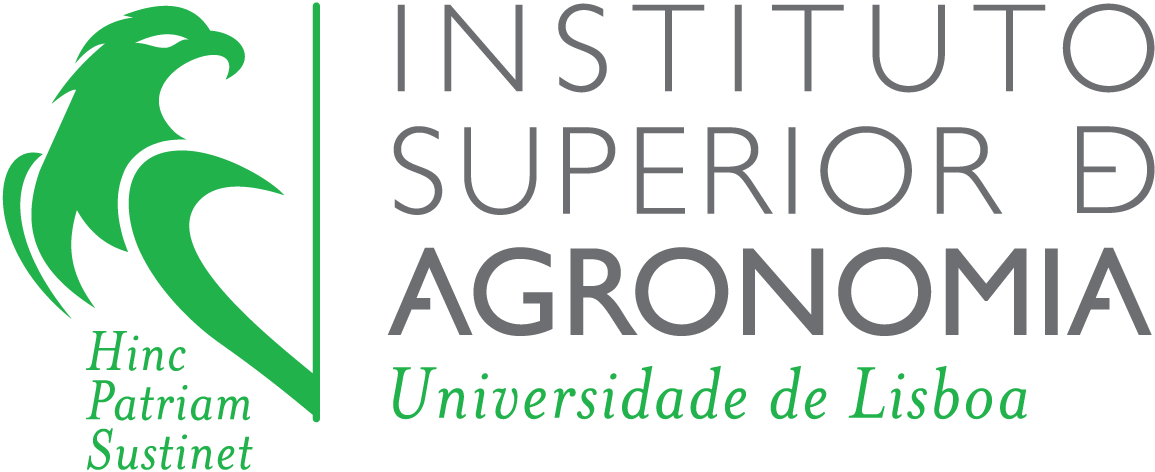BIOdiversity and ecosystem protection driven by Environmental JUSTice (BIO-JUST)
Nature-based solutions (NbS) promise environmental, socio-economic benefits and are increasingly important in climate adaptation and mitigation and biodiversity conservation policies. However, the extent to which they support biodiversity conservation and deliver ecosystem services in a socially just way manner, rather than exacerbating or creating inequalities, is controversial. BIO-JUST therefore examines watershed NbS in seven case studies in Europe and South America to trace the conditions under which NBS are both ecologically effective and (environmentally) just.
Project Lead:
Jean Carlo Rodríguez de Francisco
Mirja Schoderer
Financing:
BIODIVERSA+ (The European Biodiversity Partnership)
Time frame:
2023 - 2026
/
ongoing
Co-operation Partner:
(Coordinator) German Institute of Development and Sustainability (IDOS) – Germany
Wageningen University (Jaime Hoogesteger – Juan P. Hidalgo-Bastidas) – The Netherlands.
Universidade Federal do ABC (Vanessa Empinotti – Veridiana Godoy) – Brazil.
Bureau de Recherches Géologiques et Minières (Cécile Herivaux – Solene Le Pape) – France.
Universidade de Lisboa (Miguel Nuno Bugalho – Borja Rodríguez-Lozano) – Portugal.
Universidad de La Laguna (Jose Antonio Batista – Noelia García-Rodríguez) – Spain.
Associação Natureza Portugal (WWF) (Catarina Grilo – Raul Xavier-de-Oliveria) – Portugal.
Societé Anonyme des Eaux Minérales d'Evian, DANONE group (Nathalie Dorfliger) – France.
Project description
BIO-JUST investigates NbS for watershed provisioning ecosystem services from an environmental justice perspective, looking at the dimensions of distribution, participation and recognition. It does so in seven different case studies in Europe (France, Portugal, Spain and The Netherlands) and South America (Brazil, Colombia and Ecuador) to allow for comparisons across cases and to promote mutual learning. BIO-JUST draws on multiple disciplines and approaches (i.e., environmental justice, political ecology, environmental anthropology, critical institutional analysis, and ecological economics) to identify under which conditions NbS generate or reinforce inequalities and conflicts, and under which they promote socially just outcomes while conserving biodiversity and supporting water security. BIO-JUST will assess the social-economic, social-environmental and ecological outcomes of NbS for watershed provisioning ES and identify trade-offs between them. It will assess the distribution of costs and benefits across societal groups, and look at the extent to which different stakeholders, forms of knowledge and worldviews, and use rights are included in decision-making, implementation, and evaluation processes for NbS. It will compare the different institutional frameworks and social and biophysical contexts to identify those that are conducive to NbS that are ecologically beneficial and socially just. To do so, the project will conduct a qualitative comparative analysis (QCA) and draw on approaches such as institutional analysis, ecological economics, and visual ethnography, working closely with stakeholders from the respective case studies. Together with these stakeholders, indicators for “effective”, i.e., ecologically beneficial and socially just, NbS will be developed in a co-design process. These indicators provide a tool that can inform the design, implementation, and evaluation processes of new or existing NbS, integrating the perspectives of affected communities. BIO-JUST's commitment to transdisciplinarity facilitates dialogue between community members and decision-makers, creating learning opportunities and establishes landing places for its case study-specific recommendations. An online exhibition of audio-visual material collected by community members and researchers will enable non-scientific and non-language based forms of engaging with the project and project results. Practical policy-relevant outputs include a conceptual framework and a methodology that allow for a rigorous and transparent assessment of the environmental justice implications of NbS, and for the identification of enabling conditions for just long-term conservation outcomes in the case studies and beyond.
Project Coordination
Co-operation Partner

![[Translate to English:] Logo: Wageningen University – The Netherlands](/fileadmin/user_upload/bilder/projekte/logo_kooperationspartner/wur.png)
![[Translate to English:] Logo: Universidad de La Laguna](/fileadmin/user_upload/bilder/projekte/logo_kooperationspartner/ISTUR_logo.png)
![[Translate to English:] Logo: Bureau de Recherches Géologiques et Minières – France](/fileadmin/user_upload/bilder/projekte/logo_kooperationspartner/logo-brgm-web-en-couleur.jpg)
![[Translate to English:] Logo: Associação Natureza Portugal (WWF)](/fileadmin/user_upload/bilder/projekte/logo_kooperationspartner/logo-wwf-anp.jpg)
![[Translate to English:] Logo: Universidade Federal do ABC](/fileadmin/user_upload/bilder/projekte/logo_kooperationspartner/Logo_UFABC.jpg)

![[Translate to English:] Logo: Societé Anonyme des Eaux Minérales d'Evian, DANONE group - France](/fileadmin/user_upload/bilder/projekte/logo_kooperationspartner/evian-logo-1100x770.png)
Links
Infographic: Environmental Justice in the Regional Natural Park Misiguay Forests
